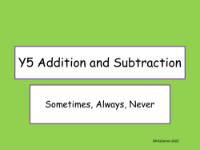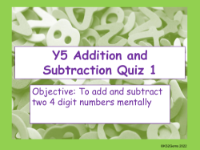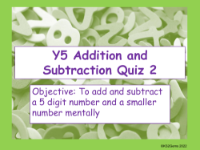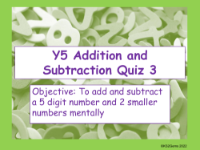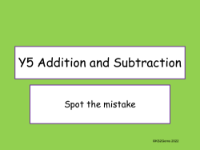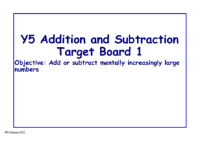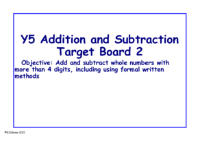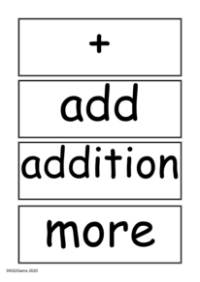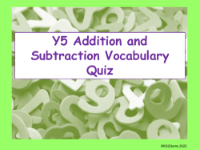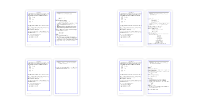Vocabulary - Estimating
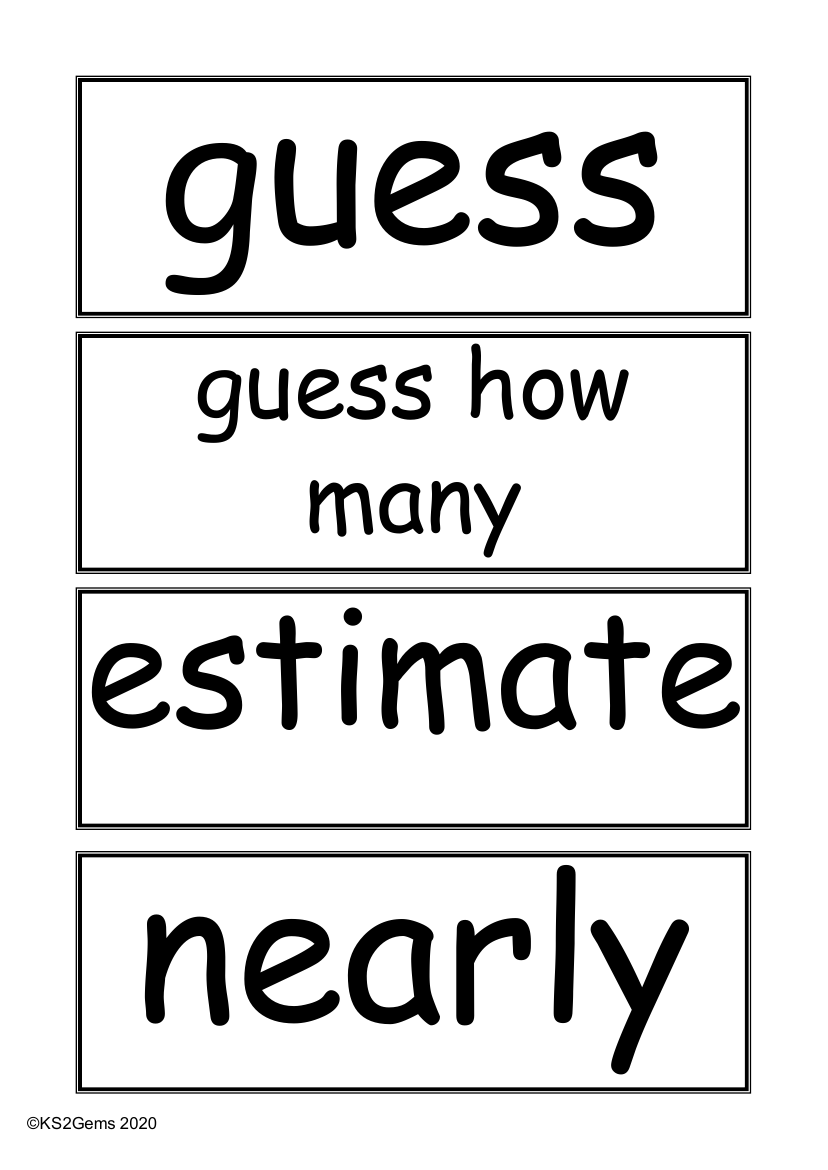
Maths Resource Description
The vocabulary set provided by KS2Gems in 2020 is centered around the concept of estimating, a fundamental skill in mathematics and everyday life. Estimating involves making an educated guess or a rough calculation when an exact number is not necessary or available. Words such as 'guess', 'estimate', 'nearly', 'roughly', 'close to', and 'approximate' are used when one aims to provide an approximation rather than an exact figure. These terms help in conveying an understanding of quantity that is not precise but is sufficient for a given context.
Further expanding on this vocabulary, terms like 'about the same as', 'just over', 'just under', and 'exact' allow for more nuanced descriptions of quantity and comparison. When precision is required, 'exactly' is used to denote an amount with no deviation from the stated figure. Conversely, 'too many', 'too few', and 'not enough' indicate a discrepancy between the estimated and desired quantities. Rounding numbers is another aspect of estimating, where 'round', 'round up', 'round down', and 'nearest' come into play to adjust figures to a more convenient or standard value, such as rounding to the nearest ten, hundred, or thousand.
